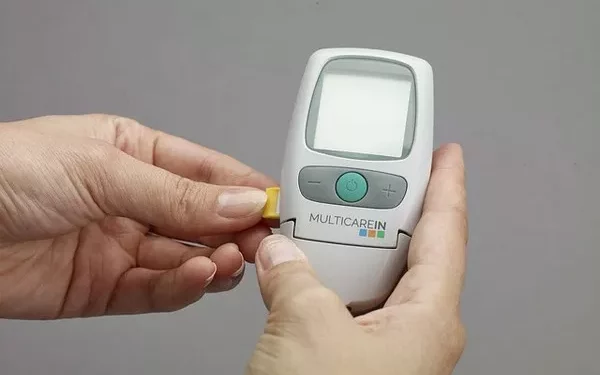The groundbreaking treatment, administered in 2021, involved a revolutionary cell transplant procedure designed to replicate the function of insulin-producing cells in the pancreas. Prior to the procedure, the patient had struggled with type 2 diabetes for 25 years, relying heavily on daily insulin injections to manage his condition and avoid diabetic complications.
Utilizing a novel chemical cocktail, the research team transformed stem cells into specialized pancreatic cells capable of producing insulin autonomously. This development effectively restored the patient’s ability to regulate blood sugar levels naturally, rendering him medication-free for the past 33 months.
While type 2 diabetes can often be managed and even put into remission through lifestyle changes and medication, this case represents a significant leap forward as the first documented cure. The procedure’s success offers hope for millions worldwide grappling with the chronic disease.
Commenting on the achievement, Professor Timothy Kieffer, a leading expert in diabetes research not directly involved in the study, praised the breakthrough as a pivotal advancement in cell therapy for diabetes. This study demonstrates a critical step forward in the application of regenerative medicine for diabetes treatment,” he remarked, emphasizing the need for further research and scalability.
Despite its promising implications, the process of converting stem cells into functional pancreas cells remains intricate, resource-intensive, and faces potential challenges with immune rejection, particularly in type 1 diabetes cases. Researchers underscored the necessity of broader clinical trials to validate and optimize the procedure’s efficacy and safety across diverse patient populations.
Dr. Yin Hao, the lead author of the study, expressed optimism about the technology’s future prospects in transforming diabetes treatment. “Our advancements in regenerative medicine hold tremendous potential for improving health outcomes and quality of life for diabetes patients,” Dr. Hao affirmed.
In closing, Professor Kieffer highlighted the broader implications of such therapies, foreseeing potential benefits including reduced healthcare costs and enhanced quality of life for patients worldwide. As research continues to evolve, the prospects for achieving similar breakthroughs in diabetes treatment appear increasingly promising.
This landmark achievement not only offers hope to individuals battling type 2 diabetes but also underscores the transformative potential of regenerative medicine in tackling chronic diseases on a global scale.
Related topics:
Navigating Burger King for Diabetes

























